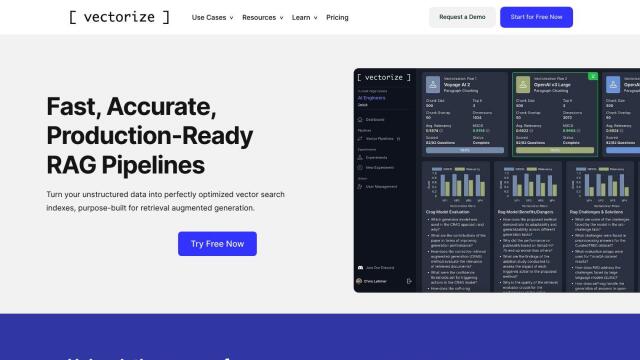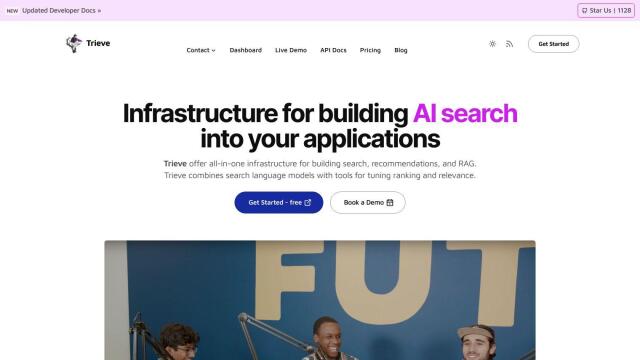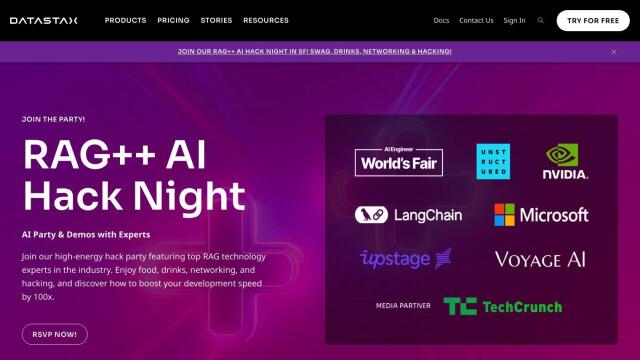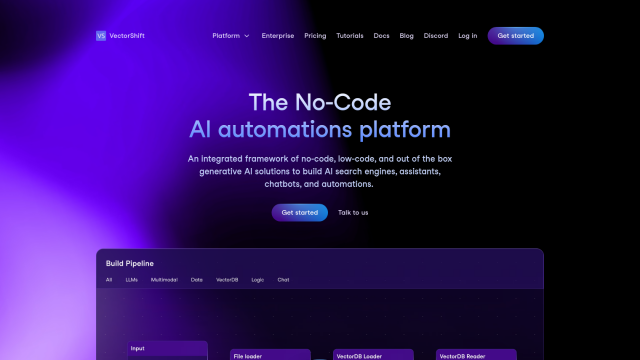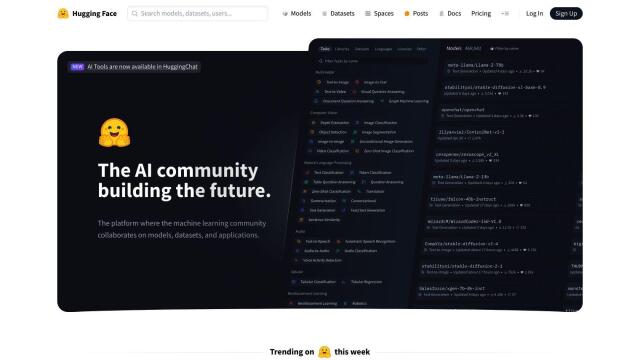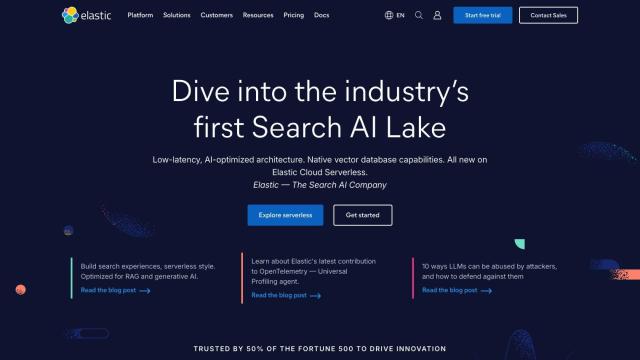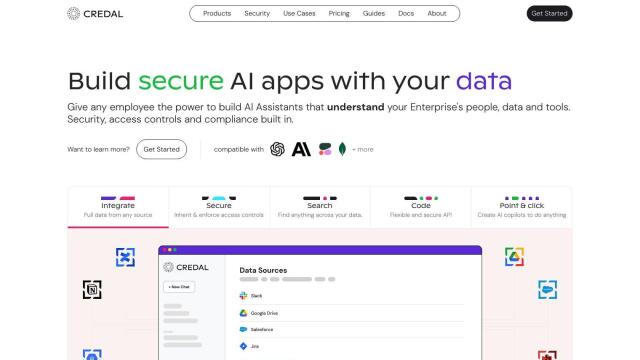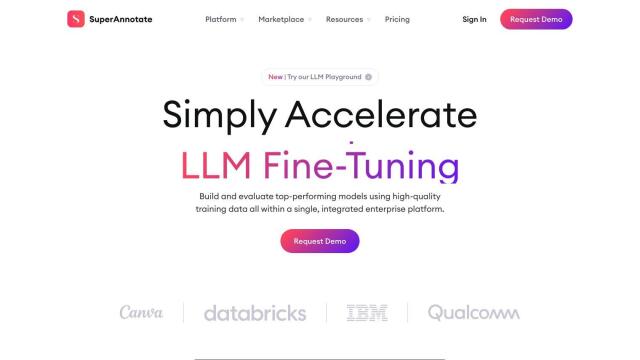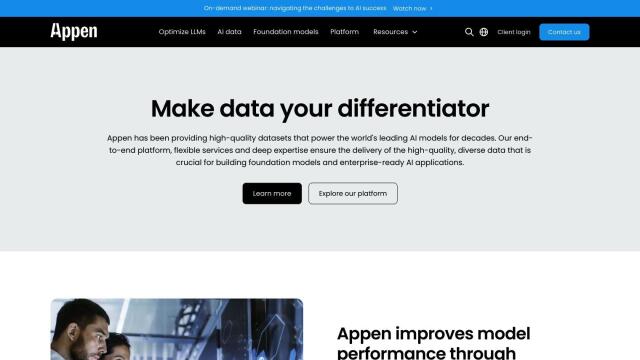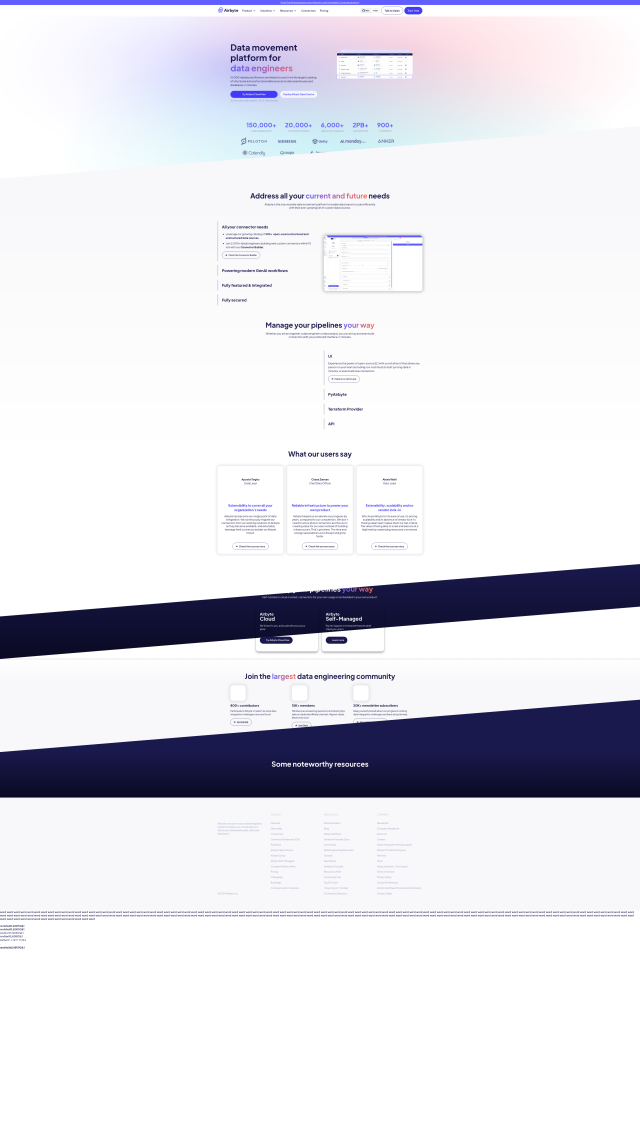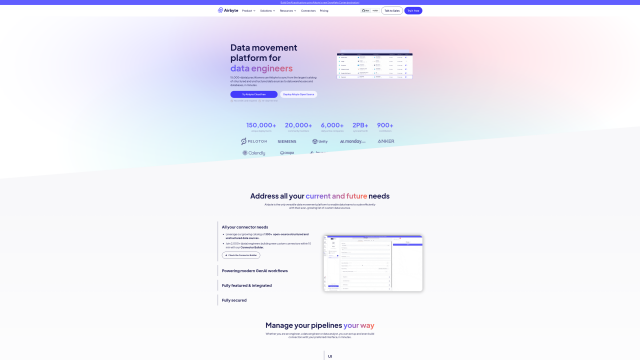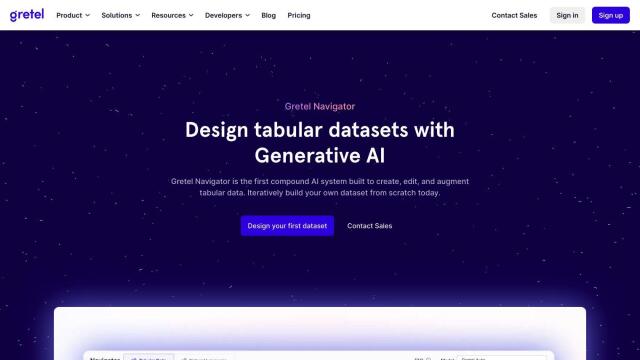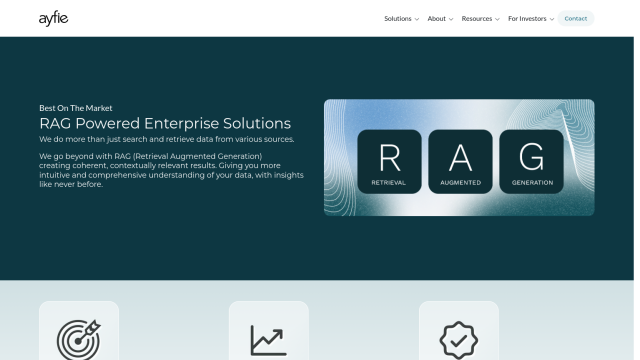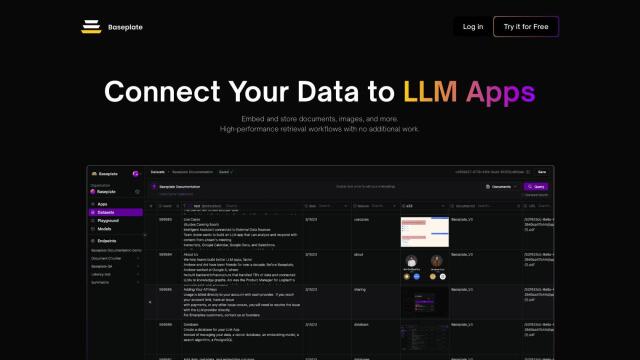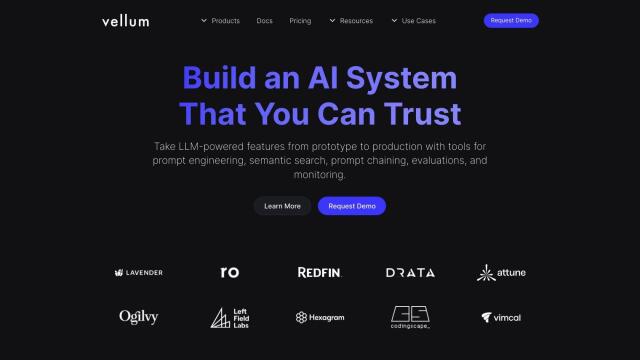
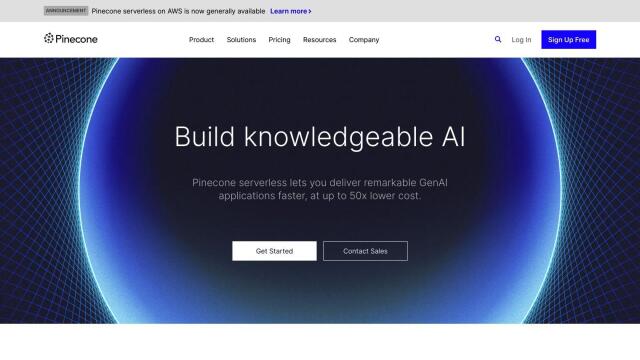
Pinecone
If you're looking for another Vectorize alternative, Pinecone is a good option. Pinecone is a vector database designed for fast querying and retrieval of similar matches across billions of items. It includes low-latency vector search, metadata filtering, real-time updates, and a scalable serverless design that works with big cloud providers and supports a variety of data sources and models.

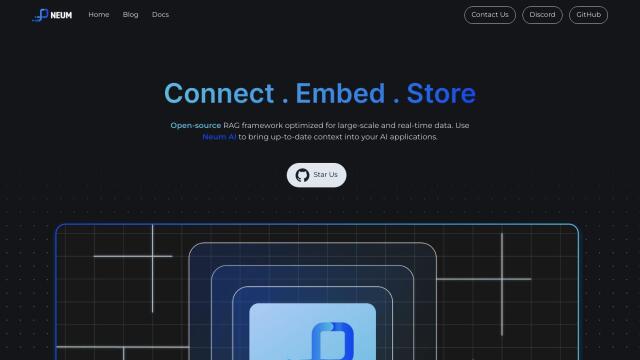
Neum AI
Another good option is Neum AI, an open-source framework for building and managing data infrastructure for Retrieval Augmented Generation (RAG) and semantic search. It includes scalable pipelines, real-time data embedding, and indexing for RAG pipelines. Neum AI is geared for large-scale and real-time data use cases and can be easily integrated with services like Supabase, offering a full stack solution for ingesting, processing, and managing large amounts of data.

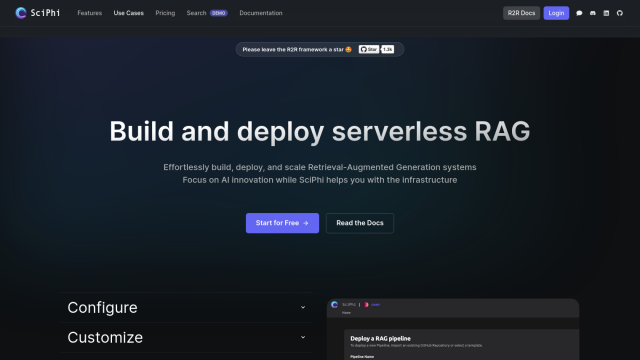
SciPhi
If you prefer a more flexible approach, check out SciPhi. SciPhi is designed to make it easier to build, deploy, and scale RAG systems. It includes flexible document ingestion, robust document management, dynamic scaling, and deployment of state-of-the-art methods like HyDE and RAG-Fusion. SciPhi is particularly well-suited for building intelligent assistants and can be connected directly to GitHub and deployed to cloud or on-prem infrastructure using Docker.

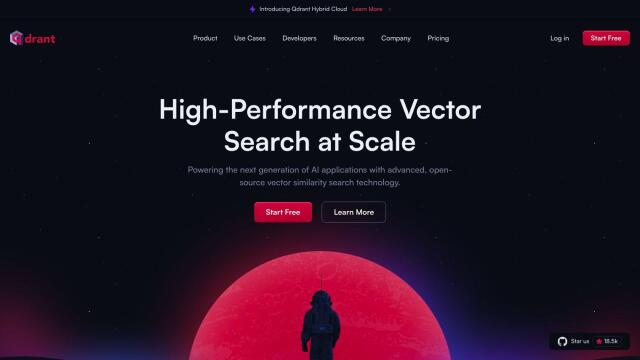
Qdrant
Last, Qdrant is an open-source vector database and search engine designed for fast and scalable vector similarity searches. It's designed for cloud-native architecture and offers high-performance processing of high-dimensional vectors. Qdrant integrates with leading embeddings and frameworks, is suitable for a wide range of use cases, and offers flexible pricing options, including a free tier with a 1GB cluster.

